A call between Russian President Vladimir Putin and U.S. President Donald Trump is possible after the latter’s special envoy Steve Witkoff held a meeting about Ukraine in St. Petersburg, the Kremlin said Friday.
The meeting was also attended by Russian presidential aide Yuri Ushakov and Kirill Dmitriev, head of the Russian Direct Investment Fund and the president’s special representative for foreign investment.
Kremlin spokesman Dmitry Peskov told journalists that the beginning of the meeting was “businesslike.”
Peskov also said a telephone conversation between Putin and Trump following the meeting is “theoretically possible.”
Earlier in the day, Witkoff arrived in Russia and met with Dmitriev.
The White House confirmed Witkoff’s visit, saying he went to Russia “to have direct communications with the Kremlin and with Vladimir Putin,” further describing his trip as “another step in the negotiating process towards a ceasefire and an ultimate peace deal in Russia and Ukraine.”
“As these negotiations are ongoing, I obviously will not get ahead of the president, or his team but I think the president has been quite clear that he’s been continually frustrated with both sides of this conflict, and he wants to see this fighting end, and he wants the war to end,” spokesperson Karoline Leavitt told reporters.
This trip marks Witkoff’s third visit to Russia and the previous trip took place on March 13 in Moscow, where he met senior Russian officials before being received by Putin.
The fastest way to broker a cease-fire in Ukraine, said Witkoff, was to support a strategy that would give Russia ownership of four eastern Ukrainian regions it attempted to annex illegally in 2022, two U.S. officials and five people familiar with the situation told Reuters.
It was a point Witkoff had made previously – and publicly in a podcast interview with conservative media personality Tucker Carlson last month – but one that Kyiv has repeatedly rejected and that some U.S. and European officials have dismissed as a maximalist Russian demand.
In the meeting with Trump, General Keith Kellogg, the president’s Ukraine envoy, pushed back against Witkoff, saying Ukraine, though willing to negotiate some terms related to disputed land, would never agree to unilaterally cede total ownership of the territories to Russia, said two of the sources.
The meeting ended without Trump making a decision to change the U.S. strategy. Witkoff traveled to Russia Friday to meet Putin.
Trump administration officials are increasingly at odds over how to break the deadlock between Ukraine and Russia, with Witkoff and Kellogg – who favors more direct support for Ukraine – disagreeing on the best course forward, according to the U.S. officials and people familiar with the matter and four Western diplomats who are in touch with administration officials.
Witkoff’s office, the National Security Council, the State Department, Ukraine’s Foreign Ministry and the Russian Embassy in Washington did not respond to requests for comment.
In a break with normal security procedures, Witkoff had invited Kirill Dmitriev, the Russian envoy who is under U.S. sanctions following Russia’s invasion, to his personal residence for dinner before the White House meeting.
Witkoff, an old friend of Trump’s who has helped secure key diplomatic victories for the president, has garnered some support from the Republican Party’s Ukraine skeptics but his proposals have stoked outrage among other Republicans who believe the administration has turned too sharply toward Moscow.
Some Republicans on Capitol Hill were so concerned about Witkoff’s apparent pro-Russia stance in the Carlson interview that several called National Security Adviser Mike Waltz and Secretary of State Marco Rubio afterward to complain, according to a person familiar with the calls.
Since taking office in January, Trump has upended U.S. foreign policy, pressing Ukraine to agree to a cease-fire while easing many of the measures the Biden administration had taken to punish Russia for its 2022 full-scale invasion of its neighbor.
Some U.S. and European officials worry that as Witkoff pursues Trump’s strategy, the Russians are taking advantage of his lack of experience at the negotiating table, according to the two U.S. officials and more than a dozen other people familiar with the administration’s internal deliberations, including Western diplomats.
“Witkoff must go, and Rubio must take his place,” read a March 26 letter from Eric Levine, a major Republican donor. The letter, sent to a group including Republican donors and seen by Reuters, was written after the Carlson interview and a Fox News appearance and criticized Witkoff for praising Putin.
Trump has repeatedly said that he wants to broker a ceasefire in Ukraine by May, arguing that the U.S. must end a conflict that has killed hundreds of thousands and risks a direct confrontation between the U.S. and nuclear-armed Russia.
But two partial cease-fire deals – one on energy infrastructure and one in the Black Sea – have stalled and the president has become frustrated over the lack of progress.

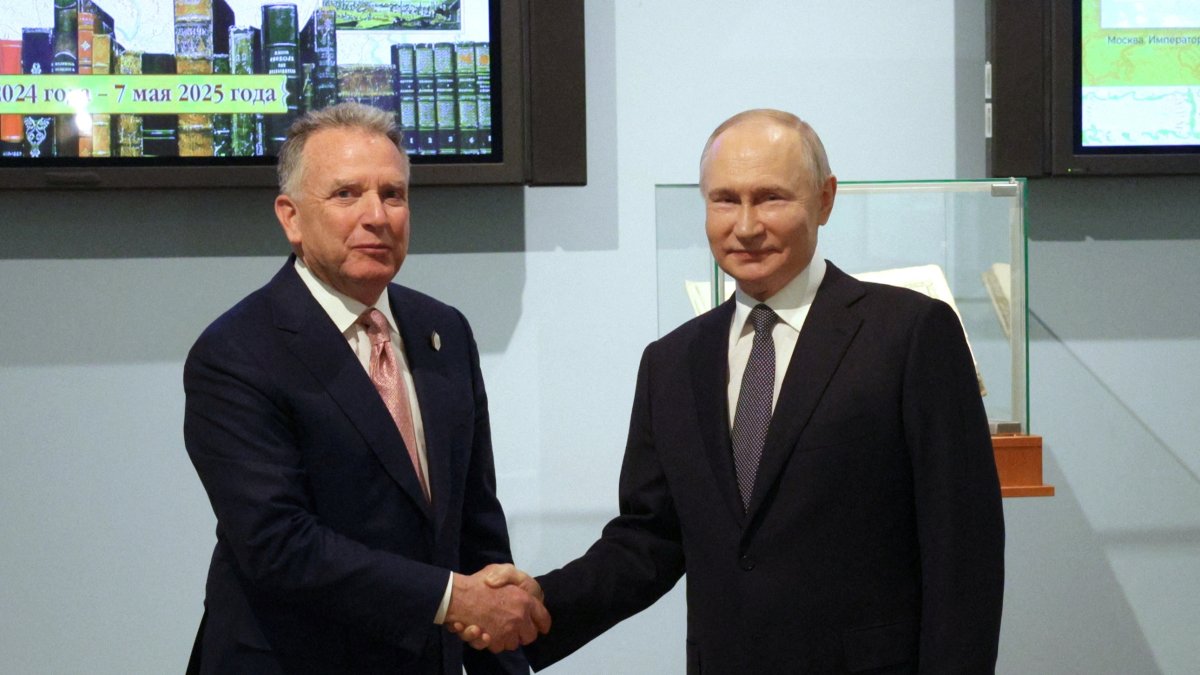


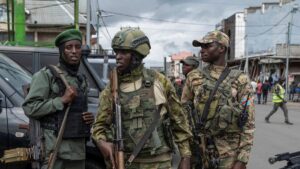


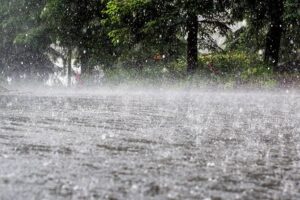
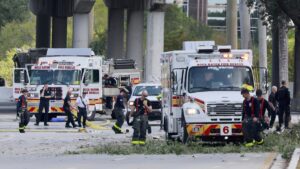
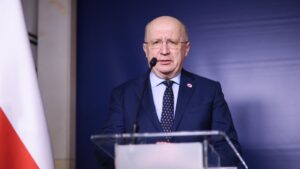
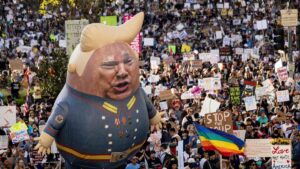
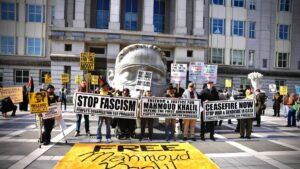

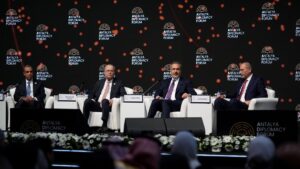
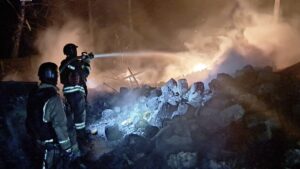
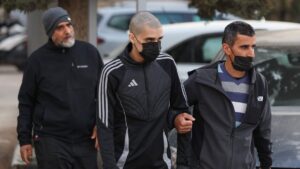


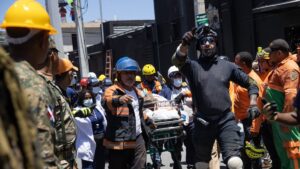


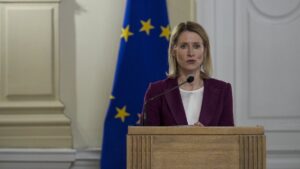
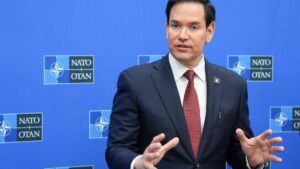
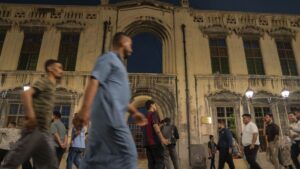
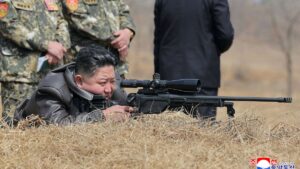
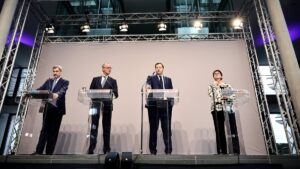

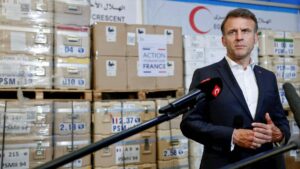
























Be First to Comment